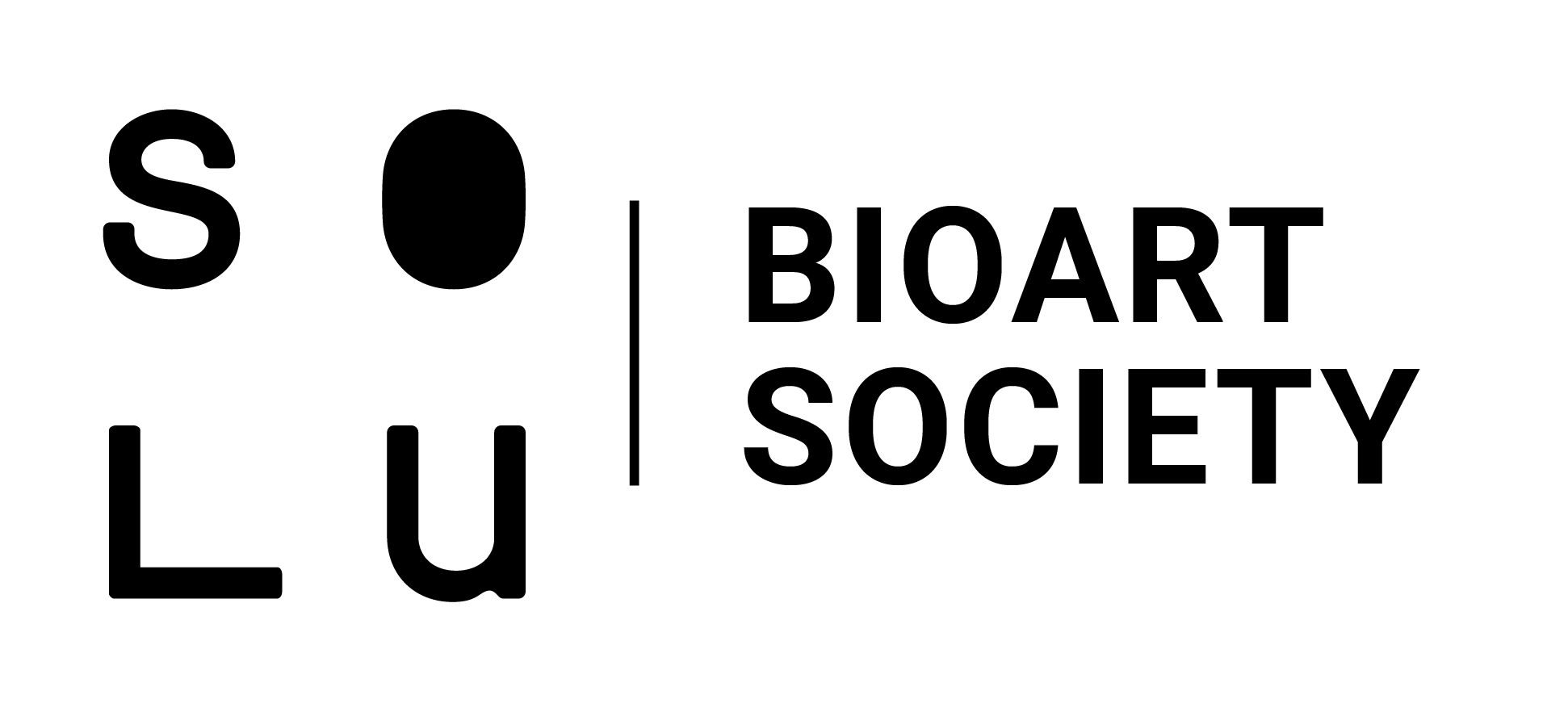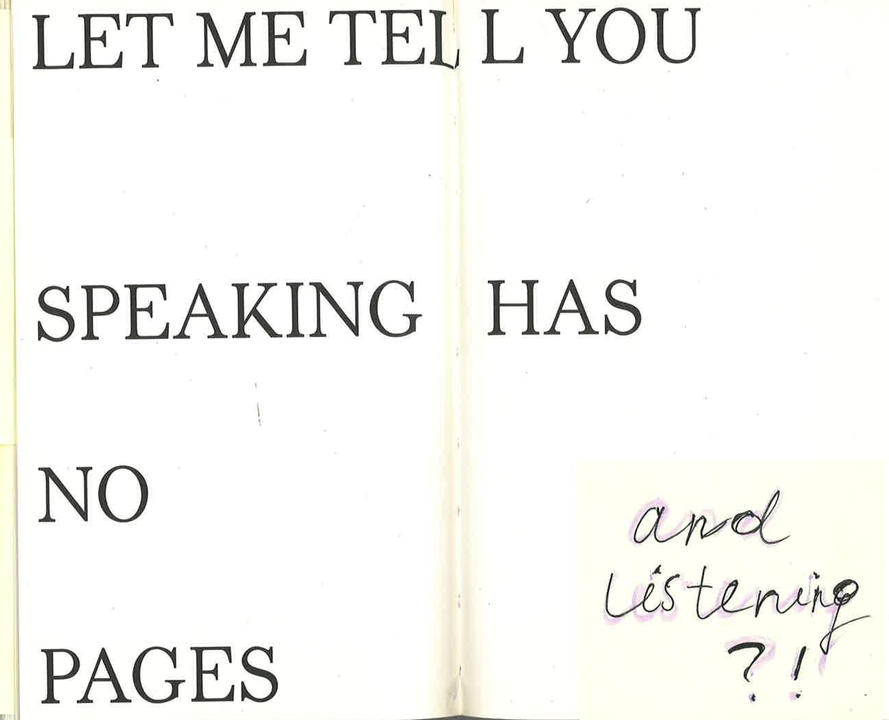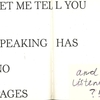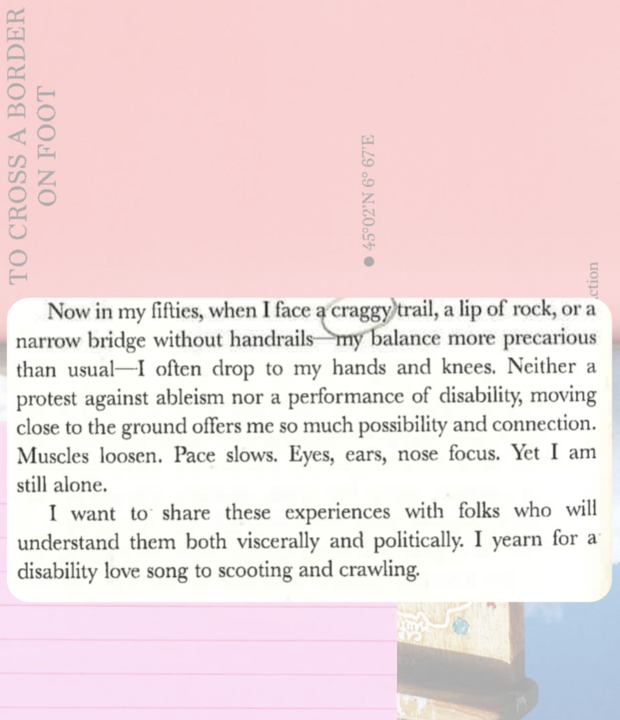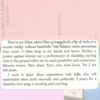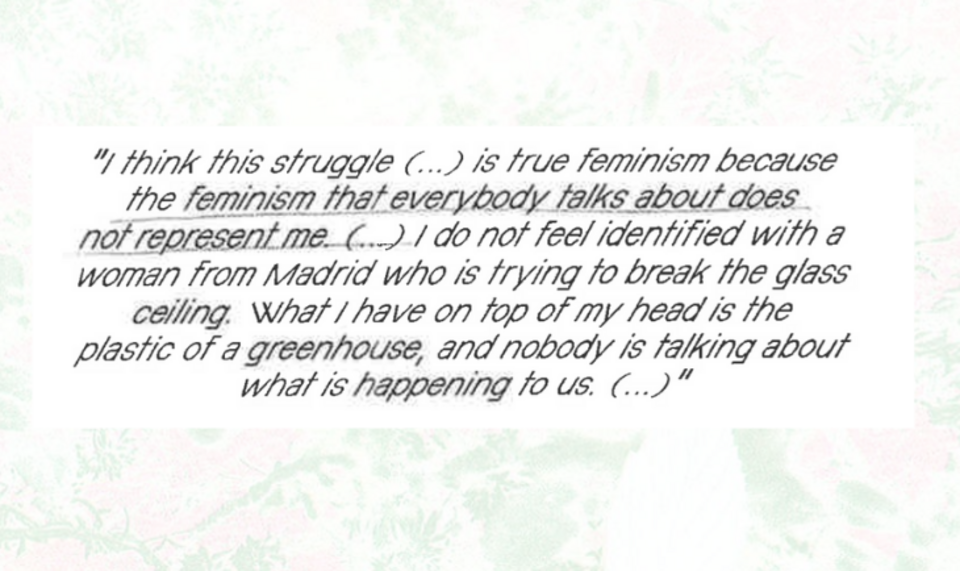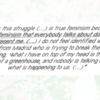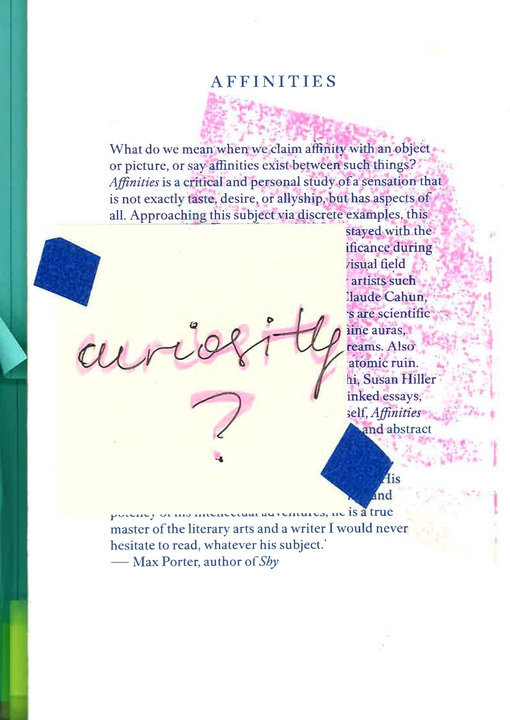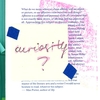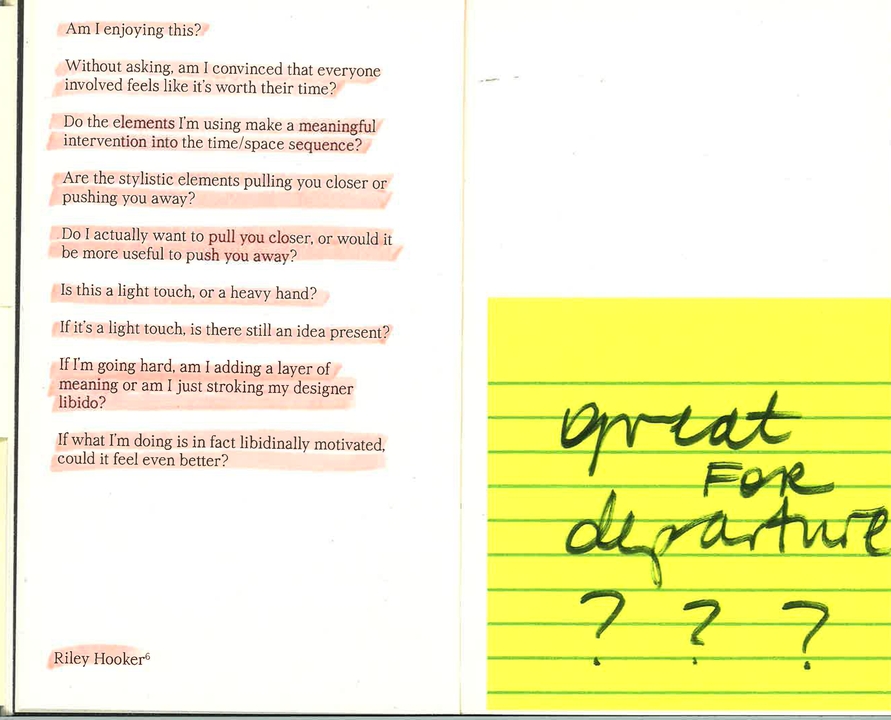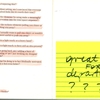These five tapes were composed by Anastasia (A) Alevtin as soft listening (and reading) companions for Field_Notes – Living Methodologies, at Kilpisjärvi Biological Station in Gilbbesjávri, in Sápmi during September 2025.
While sensitively composed for this specific context, the tapes and readings perform a level of fungibility making them useful guides for fieldworking more generally. These methods, outlined in Alevtin’s letter below, can be applied to various contexts and locales, whether you wish to use them for arriving, orientating and departing from Gillbesjávri, or elsewhere–alone or better still with others.
Hello.
Hi.
My name is Anastasia (A) Alevtin.
I use pronouns they/them.
I have short light brown hair. I am white.
Today, I am somewhat sickly pale.
I wear blue shorts and a black long sleeve top.
I am a theorist and an artist. I read and write, and sometimes I perform what I write.
I am honoured to be a resident and your co-fieldworker during Living Methodologies generously organised by Bioart Society, by Yvonne, Eliisa, and Milla. I am equally honoured to welcome you for a series of cooling off and regrounding reading sessions in Gilbbesjávri, in Sápmi.
We will meet there very soon, but before this happens, I’d like to leave in your pocket these five tapes for Living Methodologies—softly with us during our arrival, departures, and readerly supporting our field-working.
To arrive is a part of our field-work, I would argue, also of these very living methodologies we are all invested in. And if fieldwork is a verb—if it is fieldworking, as Sam Nightingale (with Bridget Crone, and Polly Stanton) suggest in their introduction to Fieldwork for future ecologies: Radical Practices For Art and Art-based Research (2023), we have already begun to verb a field while arriving.
These tapes have no tasks to be completed, and surely no homework: they are an extra scaffolding for everyone’s method-making. With my collaborator and my friend, sound artist and musician Joni Judén, we mix, jam or lift from the page and read aloud several theoretical texts, non-fiction, poetry and simple readerly prompts orbiting around one particular keyword or gesture that is inherently a part of any study—artistic, scholarly, or quotidian—and that might occasionally be taken for granted. The concepts and gestures I took liberties to pick for us appear to be the ones that are good to revisit, resculpt, or reattune to—when in a new field.
This first tape (below) introduces the way of reading I would like us to activate and practice; it briefly introduces the bodily and political place from which I selected the texts and tickles you to think-feel about your bodymind and your needs in the context of fieldworking and method-making. We recommend listening to this tape while you are on your flights, trains, and buses to Gilbbesjávri.
References for the tape #1 (in order of appearance)
Harney, Stefano and Fred Moten. The Undercommons: Fugitive Planning & Black Study. New York: Minor Compositions, 2013.
Fieldwork for future ecologies: Radical Practices For Art and Art-based Research, eds. Sam Nightingale, Bridget Crone, and Polly Stanton. Onomatopoee, 2023.
Brian Dillon. Affinities. The Fitzcarraldo Editions, 2023.
Brian Dillon. Suppose A Sentence. The Fitzcarraldo Editions, 2020.
Anastasia (A) Alevtin. “Queercrip Reflection on the Politics of Holding Tight vs. Being Nearby,” No Niin 28, 2024.
Hasib Hourani. Rock flight. New Directions Publishing, 2024.
Mara Mills and Rebecca Sanchez. “Introduction: On Crip Authorship and Disability as Method,” Crip Authorship: Disability as Method, ed. Mara Mills and Rebecca Sanchez. NYU Press, 2023, 1–18.
Ahmed, Sara. Queer Phenomenology: Orientations, Objects, Others. Duke University Press, 2006.
Johanna Hedva. How to Tell When We Will Die: On Pain, Disability, and Doom. Hillman Grad Books, 2024.
The second tape (below) focuses on a gesture of walking, fragments of its politics and attention work walking may enact. As with every tape, you are welcome to listen to this tape before, after, instead of our reading gathering, or not to listen at all.
References for the second tape (in order of appearance)
Stephanie Springgay and. Sarah E. Truman. Walking Methodologies in a More-than-Human World: WalkingLab. Routledge, 2018.
Forty Five Degrees. Radical Rituals – 45°N 1°W to 45°N 7°E (France), eds. Berta Gutiérrez Casaos, Alkistis Thomidou, Elise Misao Hunchuck. Punch, 2024.
Eli Clare. “Moving close to the ground. A messy love song,” Moving Mountains. Writing Nature through Illness and Disability, ed. Louise Kenward, 2023.
Garnette Cadoga. “Walking While Black. Garnette Cadogan on the Realities of Being Black in America,” The Literary Hub, 2016.
amneet johal. “I’d Walk With Purpose but There’s a Stone in my Shoe,” Mulch, 2024.
The third tape (below) reads with berries—for some model of reciprocity that they might encourage. You are welcome to listen to this tape before, after, instead of our gathering, or not to listen at all.
References for the third tape (in order of appearance)
Amie Whittemore. “Juneberry,” Queer Nature: A Poetry Anthology, Autumn House Press, 2022.
Janelle Marie Baker. “Do Berries Listen? Berries as Indicators, Ancestors, and Agents in Canada’s Oil Sands Region,” Ethnos, 86(2), 2020, 273–294.
Robin Wall Kimmerer. “The serviceberry - An Economy of Abundance,” The Emergence Magazine, 2022.
Marika Vandekraat. The Colonial, Familiar, Nostalgic, Radical, Transformative Life of the Strawberry, HumDrumPress, 2024.
Alejandra Alarcón. Exploring Edible Ecologies, Impresos México & If By Magic, 2025.
The fourth tape (below) is a solo listening/reading moment with one’s curiosity, as a non-innocent affect and orientation in fieldworking. This tape contains a series of prompts that may be helpful for reflecting on the politics of one’s curiosity. We recommend listening to it if you need a little pick-me-up moment and would like to pause with the notes in your notebooks.
References for the tape (in order of appearance)
Kathleen Stewart. Ordinary Affects. Durham: Duke University Press, 2007.
Eliza Steinbock. Shimmering images: Trans Cinema, Embodiment, and the Aesthetics of Change. Durham, NC: Duke University Press, 2019.
Eva Hayward. “More Lesson From A Starfish: Prefixial Flesh and Transspeciated Selves,” Women's Studies Quarterly, Vol. 36, No. 3/4, Trans- (Fall - Winter), 2008, 64-85.
Joss Allen. “How Stone is Made to Disappear: Notes from Sokndal,” No Niin 31, 2025.
Tina M. Campt and Jace Clayton. “Listening and Writing to Imagines,” e-flux, 2023.
The fifth tape (below) is some kind of check-list for our departures. We recommend listening to it while you are leaving Gilbbesjávri.
References for the tape (in order of appearance)
Katherine McKittrick. Dear Science and Other Stories. Duke University Press, 2021.
Asiya Wadud. “attention as a form of ethics,” No Knowledge Is Complete Until It Passes Through My Body, Nightboat Books, 2021.
Sara Kaaman. A Book Knot Book, 2023.
adrienne maree brown. Pleasure Activism: The Politics of Feeling Good, AK Press, 2019.
